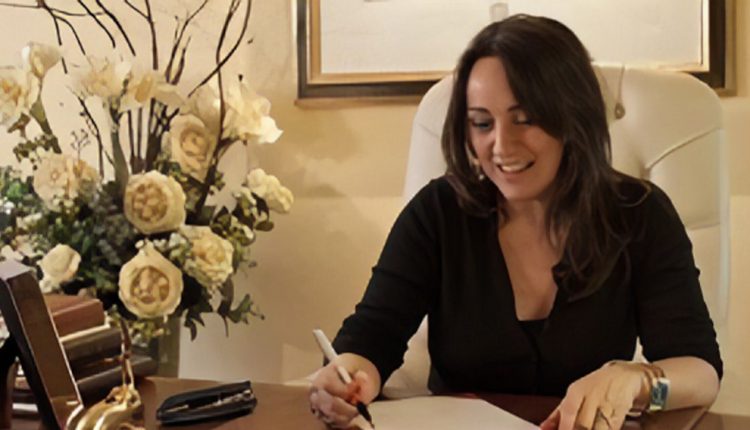Why Are Notaries Important?
Overtime, notaries have become a staple in most legal systems. Being recognised as a professional who writes legal documents and public documents, notaries are vital for the authentication and certification of signatures, acting as a third party to ensure that documents are prepared and signed correctly and legally.
As a qualified lawyer, notaries are often the cog in the wheel that allows everything to move smoothly, ensuring that those signing documents are entering into agreements knowingly and willingly and those handing them out have ticked all legal boxes, avoiding unnecessary claims and lawsuits.
Below, we speak to Frederica Croce about why notaries are important.
- How do notaries look out for and prevent fraud in documents?
Notaries check every single detail of the sale agreement and corporate deeds. We are liable of any assessment and for this reason, we are required, by law, to provide the guarantee on the identity of the parties in the contracts, including the history of the properties, of the companies and their directors; we control the powers and authorisations and are liable for data retention (under anti-laundering laws).
- What are the common signs that indicate something fraudulent could be occurring?
It rarely happens, but we are legally obliged to look into the history of the buildings and of their sellers, while also checking the building permissions and the payment methods used.
Something fraudulent may arise when data and payment methods do not match and in these cases, we must denunciate the anomaly or any circumstances that are not clear or in compliant with the law. The notary is also a gatekeeper in the commercial and corporate space, including contracts and M&A procedures.
- From your point of view, how is it best to successfully close an M&A transaction?
I think that the Notary has to be like an haute couture tailor: it is a vital, tailor-made service. The notary must follow every contractual phase personally, providing for “made to measure” clauses or terms.
Over the years the notary role has become a modern, digital sector with the profession increasingly being practised by women.
- What clauses in the contract are vital for the above to occur?
It’s important to focus what interests are at stake in the present and the future of the contract, in order to prevent contractual errors. Every clause has to be drawn up for this purpose.
- What is the importance behind your role? How has it changed over the years?
The role of the notary is to prevent any claims or lawsuits arising on the contracts that have been signed and certified by me. A famous Italian lawyer (Francesco Carnelutti) says “The more notaries there are, the fewer judges you will need”. This means that the better the notary does their job, if he or she ascertains the will of the parties and draw up the contract in accordance with the law, the less there is a need to appeal to the judge and that is, the lower the risk that the deed is the source of a potential claim.
Over the years the notary role has become a modern, digital sector with the profession increasingly being practised by women. During the COVID lockdown, the notaries have managed to continue to provide their services with video conferencing acts and forwarding deeds via a digital format. I think this will be the future of our role, how data retention occurs and the heightened level of security, as a trusted professional and specialised jurist.
Notaio Federica Croce
Lecco (ComoLake District) Via Cattaneo no.7
Milan Via Bagutta no.13
+390341364677
Federica Croce is an Italian civil law Notary in Lecco and Milan, Lombardy. She teaches at the National Notarial School of Milan, and is also a member of Lexunion – an international association of Notaries.
“I discovered that I could become a notary almost by accident, when talking to the father of a friend who was a civil law notary”, explains Frederica. “Thus, began my adventure into the world of civil law. I attended the Notarial School of Milan and subsequently the Notarial School of Naples. My teachers taught me what it means to be “impartial” in the service of the people. I was fascinated.”
Frederica succeded the notarial competition convened in 2003. In 2005, she was appointed as a civil law notary and got the notarial seal.




